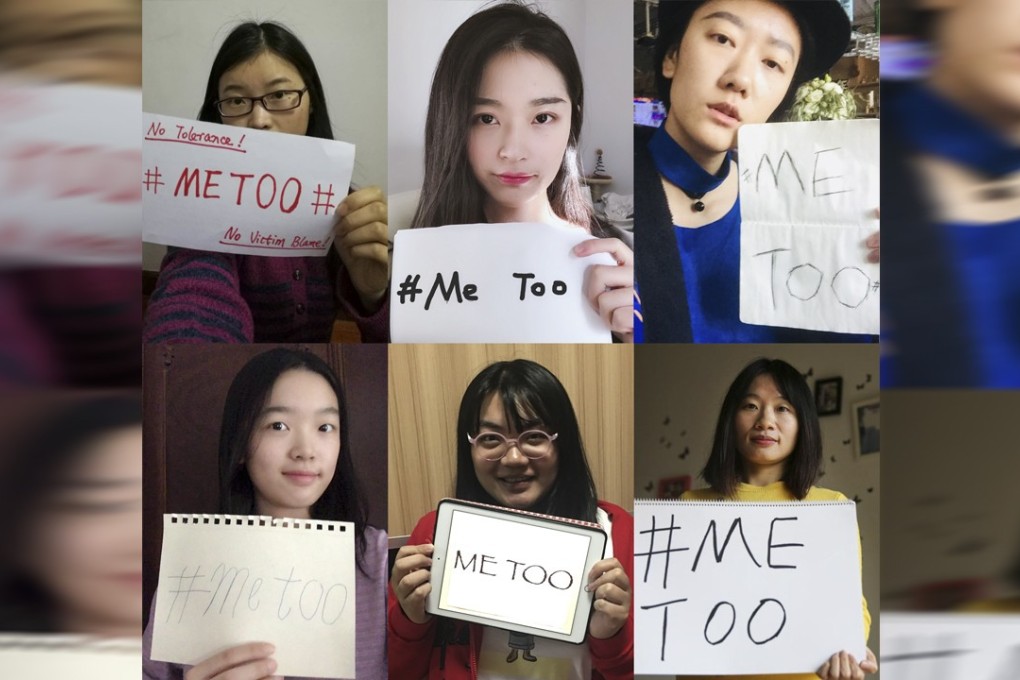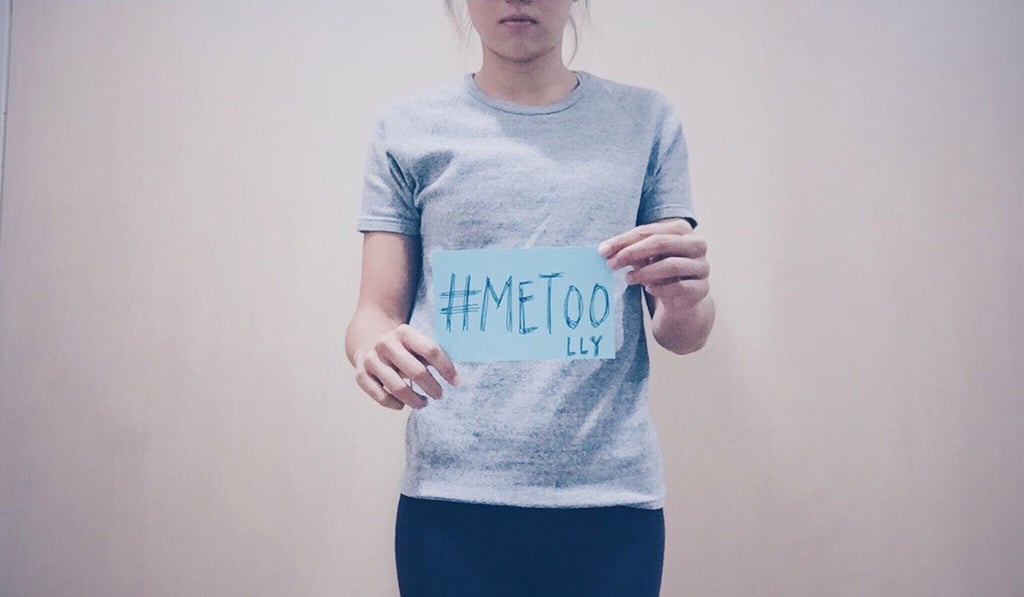Advertisement
A #MeToo movement in China starts with letting women say ‘no’ to offensive content
Audrey Jiajia Li says Chinese society has a long way to go when the victims of sexual harassment are blamed and those who seek equality are demonised as part of the ‘white left’
Reading Time:3 minutes
Why you can trust SCMP
0

In late 2015, I was invited to join a WeChat group of Chinese intellectuals. Before long, I was asked to lead the group. Soon, though, I found myself in a rather awkward situation, when a male member began posting salacious material daily, including topless men and women kissing, touching each other or having sex. At first, nobody said anything but when several members, including myself, expressed disapproval, a furious debate erupted.
A male member argued there should be a vote on whether such material should be allowed. I disagreed, saying there were basic common standards in civilised society that didn’t need to be voted on. I quit when this member started name-calling and personal insults.
A year later, in the wake of China’s “Trump fever”, when liberal-leaning Chinese scholars and journalists, or those who identify with the “white-left” (a slur for the liberal Western left wing) came under assault, I was singled out on Weibo as a dumb female “white-left” sympathiser by the same man. He downplayed the salacious clips posted, claiming “no nudity was involved” – a lie – and taunted women like me. His post went viral, with over 800 reposts and comments, including obscene verbal abuse.
In recent years, the term “white lotuses” has become a buzzword on Chinese social media. Widespread use of such phrases reflects the general attitude of many, dismissing values like pursuit of equality, appreciation of diversity and respect for the disadvantaged. That might be why Donald Trump’s infamous “locker room talk” brought him a bigger following in China.
So was I too sensitive about the dirty jokes and porn-style clips? My experience at MIT reinforced my conviction otherwise. One of the first assignments for everyone at the university, whether a dean, professor, scholar or regular staff member, is a 20-minute online course on sexual harassment. No one can gain the MIT identification card until they have completed the course and passed a test. The definition of “sexual harassment” includes sexual advances, requests for sexual favours or other verbal, non-verbal or physical conduct that is sexual in nature, unwelcome and severe or pervasive.

Advertisement